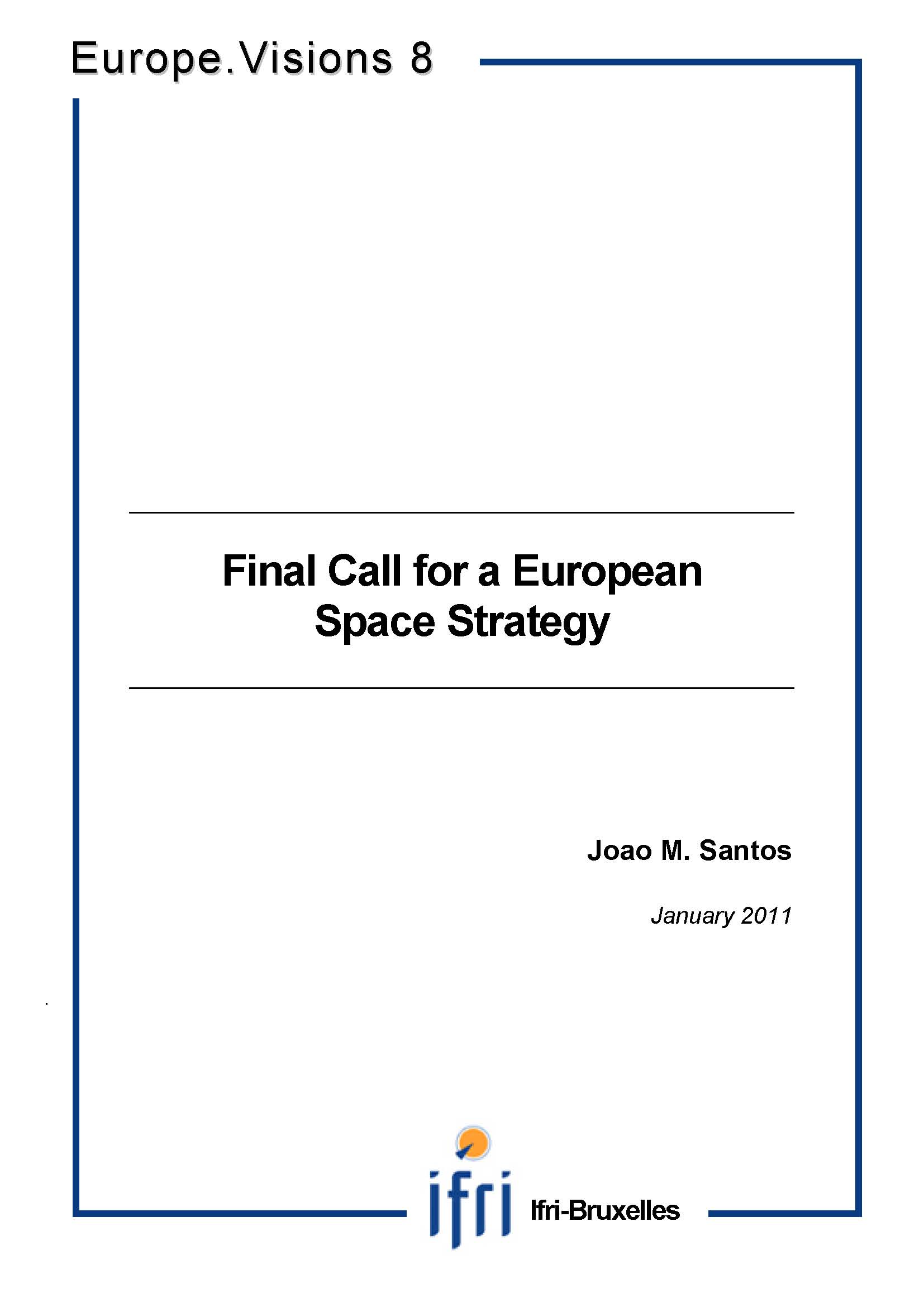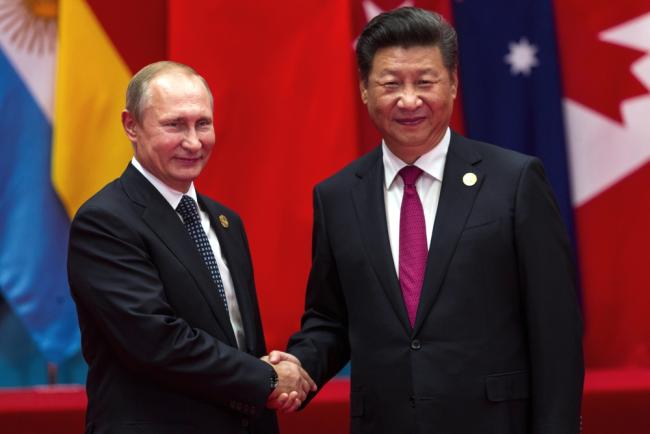Final Call for a European Space Strategy

Space poses both an opportunity and a challenge for Europe. And so does the new provision of the Lisbon Treaty - article 189 TFEU - that awards the EU an explicit competency on space.
According to most stakeholders, this new EU competency has the potential to secure European space and space-related industries the very top spot in terms of both market share and technological innovation. Nevertheless, article 189 establishes a parallel competency of the EU, leaving untouched Member States’ capacity to pursue their own national space policies. Any successful EU space policy will, however, depend on the willingness of State actors to support a stable and coherent strategy at the European level. The aim of article 189 is precisely to go beyond fragmented cooperation and to allow the emergence of a cohesive, coherent and comprehensive European Space Policy and, one would hope, of a strategy guiding it. This article will try to provide an insight into the current debate on Space in Europe as well as a critical perspective on the challenges lying ahead with regard to a European Space Policy.

Available in:
ISBN / ISSN
Share
Download the full analysis
This page contains only a summary of our work. If you would like to have access to all the information from our research on the subject, you can download the full version in PDF format.
Final Call for a European Space Strategy
Find out more
Discover all our analysesChina-Russia Cooperation in Space: The Reality behind the Speeches
China-Russia cooperation in space has been increasing for the past two decades. This cooperation accelerated after the Crimea crisis in 2014 and culminated with the announcement in 2021 of the joint construction of the International Lunar Research Station (ILRS).
Space in a Changing Environment: a European Point of View
The development of European space activities has long been pursued under the framework of the European Space Agency and other national space agencies. More recently, the emergence of the European Union as a new actor for space has paved the way for a series of initiatives and opportunities.
Key Trends in the European Earth Observation Sector
An ambitious Earth Observation (EO) policy could bring significant benefits to Europe both regarding the fight against climate change and the competitiveness of its EO industry and service sectors.
2012, a turning point for Europe in space
In 2012, several crucial decisions lie ahead, most notably at the ESA Ministerial Council next fall and regarding the status of space within the next MFF of the EU. These will reveal the degree of political will to pursue an ambitious ESP in times of economic and financial constraint.






